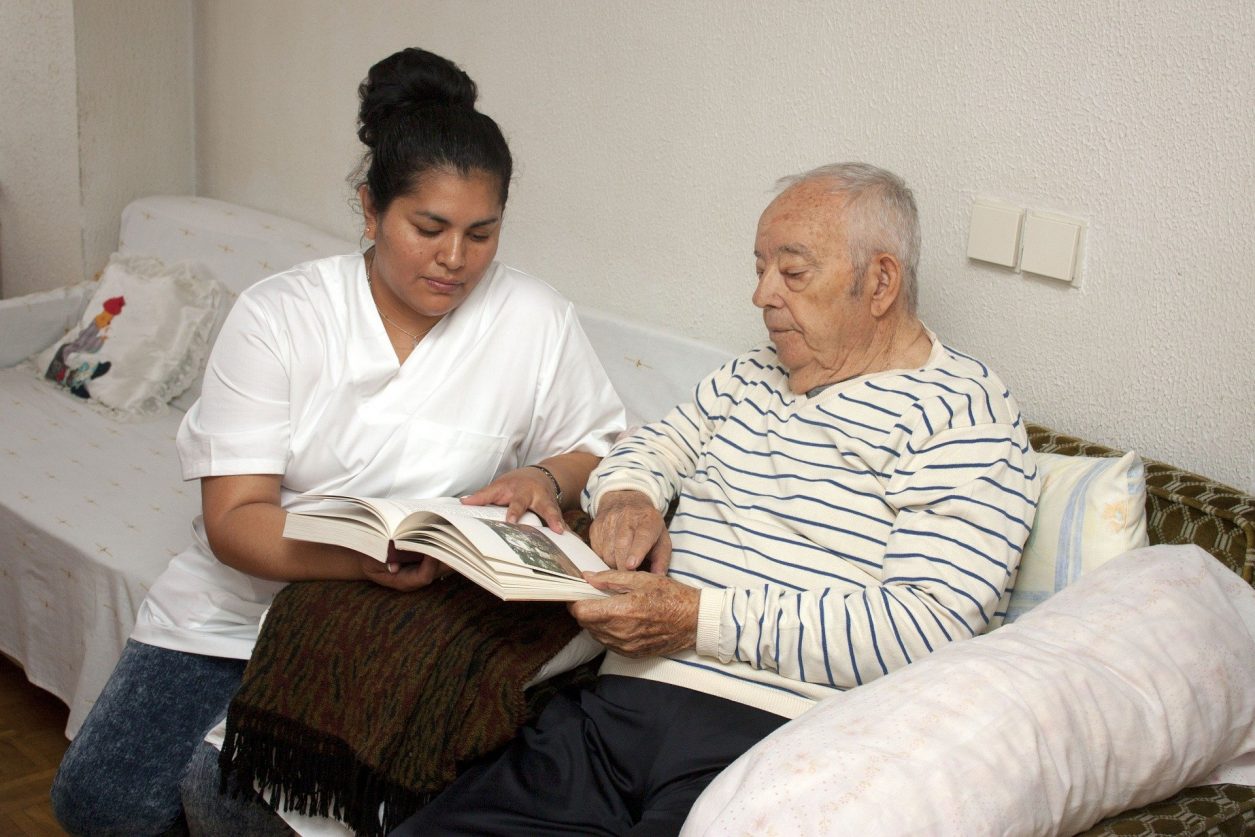
Dr. Peter Killcommons, a San Francisco–based physician and entrepreneur, is the founder and chief executive officer of Medweb, a leading company specializing in telemedicine, medical imaging, and radiology technologies. Since 1992, Peter Killcommons has advanced innovations that make medical care more accessible, including web-based diagnostic platforms and mobile telehealth systems. Beyond his professional work, he is a dedicated humanitarian who has participated in global medical missions and provided telemedicine installations, imaging systems, and solar-powered equipment to hospitals in underserved regions such as Afghanistan and Peru. His experience in both clinical medicine and healthcare technology gives him a broad perspective on patient-centered care. In this article, Peter Killcommons discusses the benefits of home healthcare for elderly individuals and the growing role of telemedicine in helping seniors maintain comfort, independence, and continuity of care.
Home Healthcare Choices for the Elderly
Home health care is an increasingly popular option for those who prefer to age in place. The key factors defining whether such care is necessary include challenges in the “instrumental activities of daily living,” or what the National Institutes of Health (NIH) defines as “the ability to live independently in the community.”
As explored in a UCHealth article, common indicators of need for home support include the inability to manage finances, perform basic housekeeping, prepare meals, or run errands. Signs of a lifestyle change that impacts overall wellness often include withdrawing from social activities, whether due to depression, hearing issues, or cognitive impairment. Other activities of daily living include bathing, eating, dressing, and getting from the sofa to the bed. Faltering medication management is a major red flag, and not taking prescribed drugs can result in significant medical complications.
One option to resolve these problems is to hire someone who assists with bathing and feeding and is there when safety is at issue, such as getting up from the couch or walking up stairs. Assistants may also provide transportation, do shopping, perform light housekeeping, and walk pets.
While such services are also provided in nursing homes, many older people find them disorienting, as they must navigate life in unfamiliar surroundings among many wards cared for by a limited number of professionals. One common risk in such scenarios, lacking personalized attention, is overmedicating or prescribing drugs instead of taking care of core issues, such as designing a focused exercise and nutrition regimen.
For those with dementia and/or chronic diseases, reaching a physician’s office can be challenging. Fortunately, physicians can perform around 90 percent of procedures offered at clinics and hospitals in the comfort of the patient’s residence. Trained professionals can perform physical exams, electrocardiograms, X-rays, and draw blood at patients’ homes.
Many patients also find it more calming to receive care at home, as opposed to traveling to a clinic, which can be anxiety-provoking. In such a setting, patients are more likely to open up to the nurse or doctor and discuss their health concerns freely. Another option worth considering is telemedicine, which allows elderly patients to receive care from qualified providers in their homes through video conferencing and audio communication.
Such solutions address but do not fully solve a trend of fragmented care from a physician’s perspective, in which older patients often see multiple doctors for various maladies. They lack that one familiar face that ties all the care they receive together. Having an individualized personal care system assistant stay with them or visit several days a week helps alleviate patients’ sense of fragmentation and alienation in the health system.
Often, older people feel pressured or forced into nursing homes by loved ones and the system. As explored in a Mayo Clinic article, one way to assess whether older people should stay at home or move into a nursing home is to treat the decision as one of “informed consent.” The aging parent weighs the importance of living an independent life against the increased risks that come with it. Should they opt to remain in their homes, they are essentially saying: “I know I am taking some risks, and if I end up falling, that’s my responsibility.” All too often, the medical profession takes away a sense of entitlement and agency from individuals, placing pressure on them to enter a nursing home when it’s not necessarily the best choice for them.
About Peter Killcommons
Dr. Peter Killcommons is the founder and CEO of Medweb, a San Francisco–based telemedicine and medical imaging company. A licensed physician and technology innovator, he has led advancements in remote healthcare delivery and medical data systems worldwide. Beyond his business achievements, Dr. Killcommons has volunteered extensively in humanitarian missions, providing medical support and infrastructure improvements in developing regions. His ongoing efforts promote accessible, patient-centered care through both innovation and compassion.





